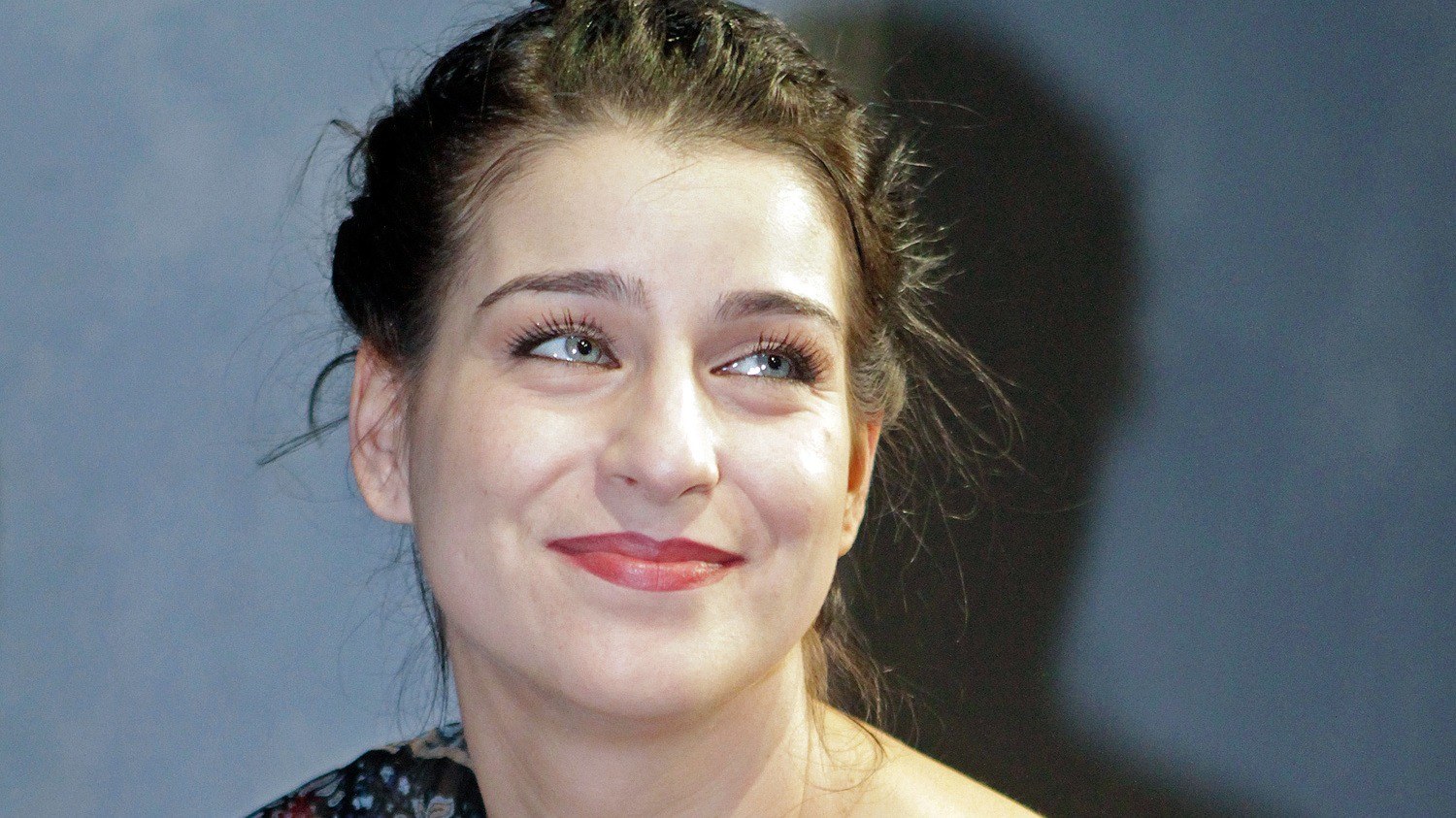On April 14, the Lithuanian soprano, Asmik Grigorian, performed a live-streamed recital at Congress Hall in Vilnius. Although no audience could be admitted, Grigorian’s mother, Irena Milkevičiūtė was in attendance. Milkevičiūtė, a famous opera singer in her own right, celebrated her birthday on the same day. Asmik’s father was the Armenian tenor, Gegham Grigorian.
Three Romances
The program included three of Tchaikovsky’s Romances for voice and piano. All three songs are tinged with an atmosphere of melancholy. The vocal line engages in a dreamy, lamenting dialogue with the accompanying piano, performed here by Lukas Geniušas. Not but the Lonely Heart (Net, tol’ko tot, kto znal), Opus 6 no. 6 is a setting of Lev Mei’s poem “The Harpist’s Song” which was, in turn, based on a translation from Goethe. A sensuous melody rises over an eternal “heartbeat” in the piano. Again, as before, Alone (Snova, kak prezhde), Opus 73 no. 6, a setting of a poem by Daniil Rathaus, is filled with wrenching dissonances amid the hypnotic stasis of a repeating A minor triad. The unrelenting tension of the song seems to anticipate the first movement of Tchaikovsky’s Sixth Symphony. The final song, Amid the Din of the Ball (Sred’ shumnogo bala), Opus 38 no. 3, with a text by Tolstoy, is a haunting waltz.
Eugene Onegin
Tchaikovsky’s 1879 opera, Eugene Onegin, is based on a novel by Alexander Pushkin. It tells the story of Tatyana, a young girl who spends half of her time in the fantasy world of romance novels. She falls in love with Eugene Onegin, an emotionally distant visitor from Saint Petersburg. In the famous “letter scene,” Tatyana spends a sleepless night pouring out her love for Onegin in a letter which undergoes multiple drafts. As she finishes, the first light of dawn appears. At moments, we hear her fluttering heartbeat in the orchestra lines. The monologue moves from despair to euphoria, concluding with Who are you? My guardian angel or a wily tempter? These final moments begin with tenderness, with plaintive statements in the oboe and horn, and conclude with a triumphant climax as Tatyana signs her letter.
Here is an excerpt from Komische Oper Berlin’s 2016 production:
Romance novel fantasy is replaced with hard reality as Eugene Onegin‘s three acts unfold. Tatiana’s innocence is shattered when Onegin rejects her. By the time he returns, years later, she has married Prince Gremin and settled into the life of an aristocratic wife. Stunned, Onegin now realizes that he loves Tatiana and writes her a letter of his own. In the opera’s final scene, Tatiana admits to Onegin that she still loves him, but she refuses to betray her husband. She bids him a permanent farewell, and he is left in despair as the curtain falls:
The Queen of Spades
Liza’s aria, Akh! istomilas ya goryem (“I am worn out by grief”) comes from the third act of Tchaikovsky’s The Queen of Spades. It is a heartbreaking lament of unrequited love. The melody unfolds with the circular quality of a Russian folksong. The low clarinets evoke a distinct voice from Tchaikovsky’s Fifth Symphony.
Here is Asmik Grigorian’s 2018 concert performance in Geneva:
Featured Image: photograph by Augustas Didžgalvis

